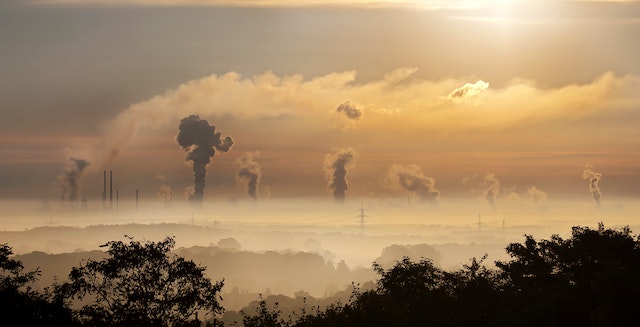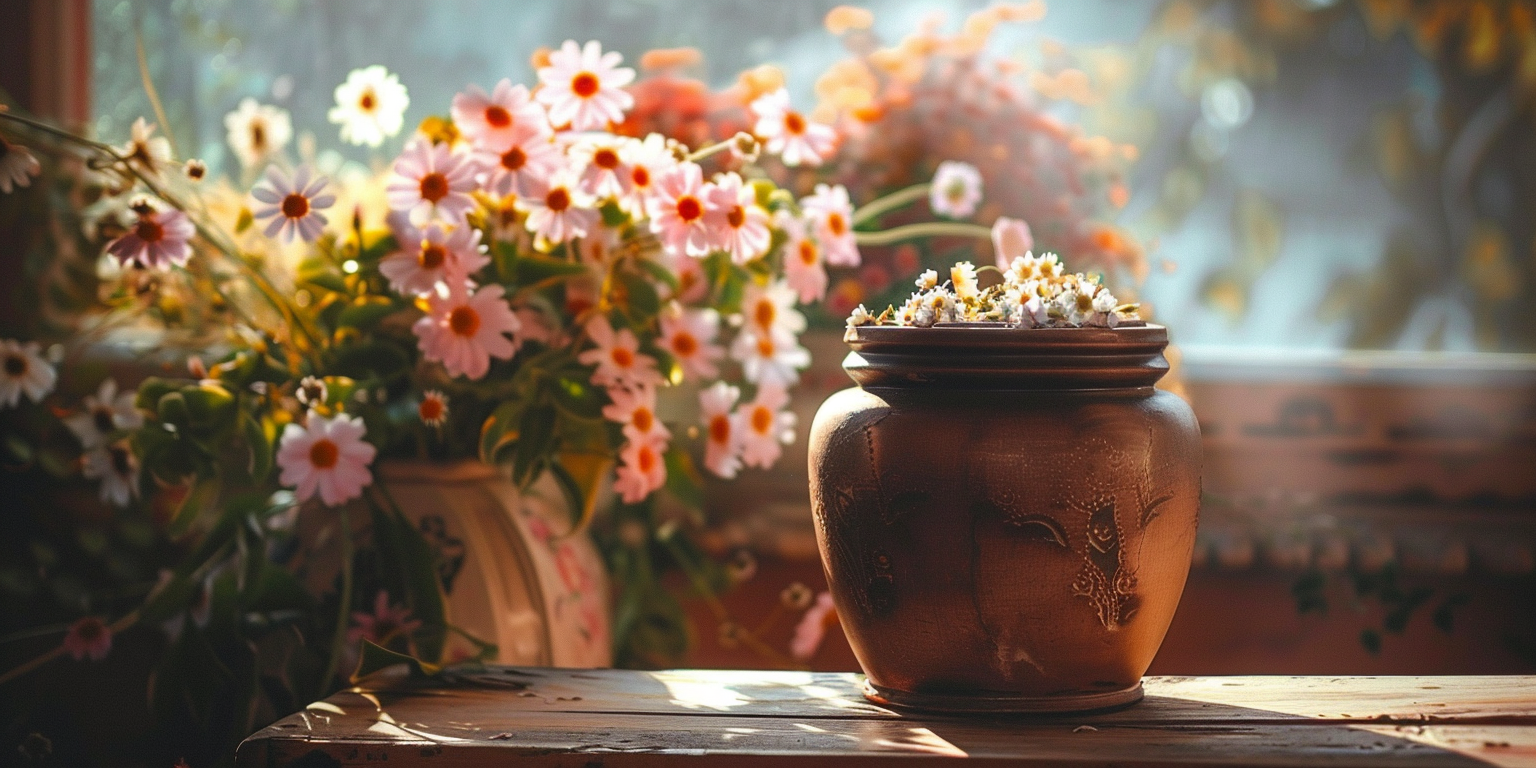In the novel “Love in the Time of Cholera,” written by the late Colombian author Gabriel Garcia Marquez, a tortuous love affair unfolds in the midst of a bacterial pandemic that wreaked havoc around the world in the 17th century. Several themes are explored by the novel, but it is interesting to note that religion is pretty much presented as a fact of life and a societal norm, but not so much in the spiritual sense. The lovers in the novel suffer many tragedies that are not necessarily romantic; the cards they have been dealt, including the terrible infectious disease, end up wringing out their souls.
Many readers who make it through “Love in the Time of Cholera” are left wondering why the characters failed to tap into their spirituality while suffering one calamity after another. There is a clear parallel about being lovesick and confronting the plague: How is a doctor expected to gain control over a public health emergency if he cannot even get his romantic life in order? The entire novel is a struggle for its characters, and the worst part about their ordeal is that they are given countless opportunities to practice spiritual care, but they never take advantage of them.
Here we are a couple of centuries after the events of the novel, and we are dealing with COVID-19. In pandemic times, it is normal to be concerned about more than just our health. The global spread of the novel coronavirus has prompted us to look inward and think about issues such as quality of life, inequality, social justice, and mortality. Until we can fully rely on effective vaccines and treatments, we are left to cope with the prospect of an illness we are just beginning to understand. There is no question that we are in need of spiritual care; however, just like the characters in the aforementioned novel, many of us are caught up in emotional struggles that prevent us from seeing the promise of things getting better.
Spirituality in the Most Simple Terms
Hope is not a direct synonym of spirituality, but it may as well be. Positive feelings of expectation can only be formulated and conveyed through spirituality. When talking about quality of life, we often forget the underlying aspect of hope. Let’s say a young family moves into a nice home located in a peaceful and leafy neighborhood where children can safely play. This is a family looking for high quality of life because they hope their lives will improve in the future.
It would not be incorrect to say that hope is an automatic feeling, but it should not be taken for granted. Our lives are always filled with uncertainty; the pandemic clearly validates this knowledge, and this is when our hopes can be shattered. When this happens, we are left with coping mechanisms, and this is when spirituality needs to take over.
The easiest way to break spirituality down into simple terms is as follows:
* We look for connections to higher powers.
* We look for meaning in our lives.
* We recognize what is truly important.
* We circle back to positive hope.
In this bio for the pastor of V1 Church, we see that he mentions his family as a reminder of everything that is good and that better things are always ahead. Since this religious community is based on Christianity, there’s the connection to a higher power. Family provides life meaning, which in turn becomes what is truly important. It is this realization that leads us to expect that things will only get better.
Spiritual Care and COVID-19
The SARS-CoV-2 pandemic has brought about difficult challenges such as upended livelihoods, constant stress, and deflated hopes. In some cases, we have not been able to access basic services, and even our free movement has been curtailed. There is no question that we need to apply spiritual care techniques so that we do not end up like the characters of “Love in the Time of Cholera.”
Spiritual care does not need to be based on religion; however, the aspect of connecting to a higher power is facilitated through dogma. Instead of focusing on loss, we should tap into our spirit and acknowledge all the good we have. This can be as easy as participating in a Zoom video conference with loved ones. Recognizing that we are still able to connect with friends and thanking our higher power for such opportunities is a step in the right direction of spiritual care.




